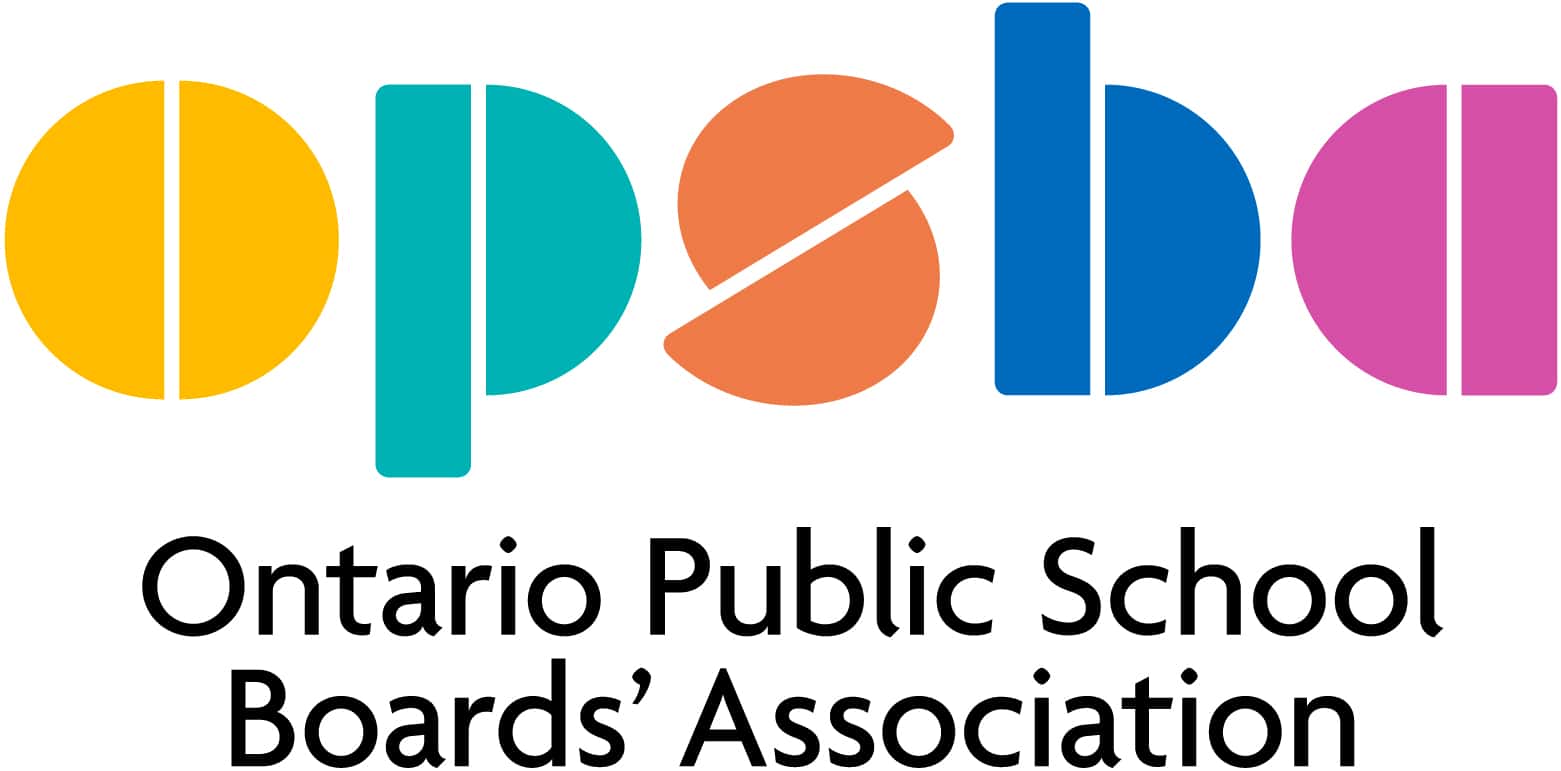Promoting Resilience and Mental Health in Youth
Review by Melanie Tait
Dr. Patrick Carney’s Well Aware: Developing Resilient, Active, and Flourishing Students is timely, engaging and informative. In this well-researched 2015 book, Carney, an Ontario educational psychologist, urges readers to develop strength-based whole-school approaches with positive mental health at their core for students and educators. Carney’s goal is to provide research, tools and strategies to support students’ healthy development. This he accomplishes very effectively.
Carney defines resilience as the ability to cope with life’s disappointments, challenges and pain. He says that to be resilient, people need to believe in their own strengths and worth. Throughout Well Aware, Carney connects to research, citing five evidence-informed skills that resilient people exhibit: the ability to develop effective relationships, flexibility, doing realistic action planning, listening and problem solving, and managing emotions. Resilient people demonstrate self-confidence, meaning and purpose, optimism, balance, fitness, empathy and a sense of humour. He emphasizes the importance of physical activity, adequate sleep, good nutrition and attention to spiritual needs. He also goes a step beyond resilience to describe what he calls “flourishing,” an optimal level of well-being and mental health. Again, he cites current research to list five characteristics of people who enjoy this peak level of mental health: a sense of fun and enjoyment, engagement, a sense of purpose, a sense of competence, and positive relationships. These ideas are reinforced throughout the book.
Every chapter opens with a thought-provoking quote related to its content and ends with a research reference list. The Three Tiers model introduced in chapter 1 provides the overall framework. Research has shown that using this model with students leads to improvements in their academic performance, attitudes, mental health and well-being, and eases resolutions to discipline problems.
Chapter 2 is focused on the whole-school, whole-community approach, emphasizing the role that teachers play as core members of the mental health community. Chapter 3 explains and emphasizes the importance of social-emotional learning, outlining core competencies and connecting to Roots of Empathy and restorative justice circles as examples of programs that support these qualities.
Chapter 4 builds on the idea of a strength-based approach and includes ways to implement it in schools. Chapter 5 revisits ideas from earlier in the book: resilience, being active and flourishing in today’s classrooms. Chapter 6 addresses educator well-being and the importance of fostering a caring, inclusive professional environment for teachers. The book ends with a glossary of terms, references and an index.
The table of contents lists six well-organized chapters with sub-topics relevant to the content of each chapter. Throughout, there are figures, graphs and charts highlighting important ideas. Spotlight sections emphasize key ideas, while Strategies Focus sections outline useful approaches and processes. Checklists, rubrics and other tools promote school and program self-assessment. Supplementary information can be found in the margins along with icons that direct the reader to links to more information or research sources.
Diversity is celebrated throughout the book with ideas on how to support students with diverse racial and ethnocultural backgrounds, sexual orientations, physical, emotional or behavioural needs, learning needs and personal preferences. Carney makes specific links to Aboriginal culture by encouraging the use of the medicine wheel as a way to focus on strengths rather than deficits and to “enrich our understanding of mental health promotion and pathways to well-being – not only for First Nations, Inuit and Métis children and youth but for all children and youth, their families and teachers.” Daniel Goleman’s work on emotional intelligence and Howard Gardner’s work on multiple intelligences, as well as the work of other noted researchers, psychologists and educators, are easily connected to Carney’s themes.
Strong links with Ontario’s major focus on child and youth mental health in Carney’s book make it very valuable and timely. It is full of practical suggestions to help schools in their planning of programs and models to support positive mental health and well-being, and comes highly recommended for anyone working to support mental health in schools. Teachers, administrators, social workers, educational psychologists and mental health leads will find Well Aware: Developing Resilient, Active, and Flourishing Students an excellent resource.
Melanie Tait, Ed.D., has worked in education for over 35 years as a teacher, school administrator and course director in pre-service and graduate programs for teachers. In her doctoral research, she examined the roles of resilience, emotional intelligence and self-efficacy in the success of teachers in their early careers. As an educational consultant, she worked on professional development for school trustees, the TeachAble Project and the Fostering Safe, Inclusive and Accepting Schools program for the Ontario Education Services Corporation.
Well Aware: Developing Resilient, Active, and Flourishing Students
Patrick Carney, Ph.D.
Pearson Canada, Don Mills, Ont., 2015
232 pages, 44.95 (paper)

